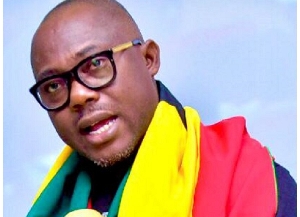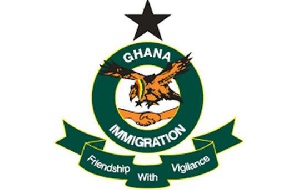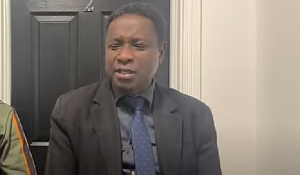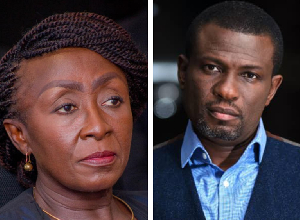Following the petition by the Ghanaian Seventh-day Adventists (Adventists) to the Electoral Commission, which requests a change from the conventional December
7th election date—falling during the holy hours of the Sabbath—to a day that
includes all voters, the Adventists seek to fulfill their democratic rights of voting without infringing upon their religious practice of keeping the Sabbath holy.
In response, Prof. Ransford Gyampo, a Political Science lecturer at the University of Ghana, remarks on Newsfile on JoyNews: “With the greatest of respect to them, Ghana is our constitution that guarantees the free expression of our religion. At the same time, the Constitution says we are a secular state. And so, if it is a secular state, people have the right to exercise their
religion, but this must not be exercised in a manner that sort of projects their
religious beliefs and faith and ideals over those of the other people who also have different religious beliefs and faith and ideals.”
Professor Gyampo's remarks warrant critical analyses. It begs the question: to what extent does the secular nature of Ghana's Constitution justify the dismissal of a petition from its devout religious populace?
Religious identity in Ghana is not only obvious but also recognized by the
Constitution, making it inseparable from discussions of national importance. The
current petition of the Adventists should be evaluated on its own merits, with regard to the religious identities that the majority of Ghanaians hold.
These religious identities cannot be in isolation to one’s citizenship as a Ghanaian, and especially in the exercise of the person’s franchise in the country. The intertwining of religious considerations in the Ghanaian Constitution reflects the nature of the Ghanaian populace, and for that matter, the Constitution itself commences with the invocation, "In the name of the Almighty God".
Further, the argument presented by Prof. Gyampo appears to be a form of the
slippery slope logical fallacy. This fallacy occurs when a person argues that one action will inevitably lead to a chain of events resulting in an undesirable outcome, without sufficient evidence supporting that this chain of events will occur.
In this specific case, he suggests that granting something to the Adventists will lead to similar grants to other religious groups, which he argues will create confusion and factionalism. The argument presupposes that these outcomes are negative and assumes without clear evidence that allowing one group certain rights or privileges will necessarily lead to a problematic escalation that must be avoided. But Prof. Gyampo uses this fallacious argument to persuade and dissuade the populace against any hearing or support for the Adventists’ petition.
Prof. Gyampo further reinforces his earlier statement by saying: “So, the point is that given that it is a secular state any day is fine. Otherwise, if we allow this tomorrow if election day is on Friday, Muslims will tell us that, well, they go to the mosque on Friday and go, we shouldn't. If it falls on Sunday, you have a ponderance, the majority of Ghanaians being Christian, they may say that it is going to disturb the day selected to worship their God.”
“So, the point is that…” Yes, that’s exactly the point, Friday, Saturday, and Sunday are not just secular days, they are also sacred days for Ghanaian Muslims, Christians, as well as traditional religious adherents. This has been duly recognized in almost all of our national institutions, whether being in schools, police, military, hospitals, etc.
There’ve been enough allowances for freedom of religious expression and inclusive democracy across the country. This has been the beauty and strength
of our democracy. The nation is the people, and the people build the nation in the beauty of their diversity. Let me conclude by saying that the Adventist Church has consistently been a key contributor to Ghana's democratic development and progress. Historically, the Church has played an important role in helping the government of Ghana to fulfill its social policies, notably in the expansion of educational and healthcare institutions throughout the country.
Therefore, their appeal to reconsider the scheduling of voting on December 7 — which coincides with their Sabbath day of worship — should be considered in the broader context of their generous contributions to the nation's development, rather than as a standalone request. This is not merely about accommodating a religious practice; it is about recognizing and respecting the democratic rights of a community integral to our society.
Opinions of Wednesday, 31 January 2024
Columnist: Clifford Owusu-Gyamfi



















